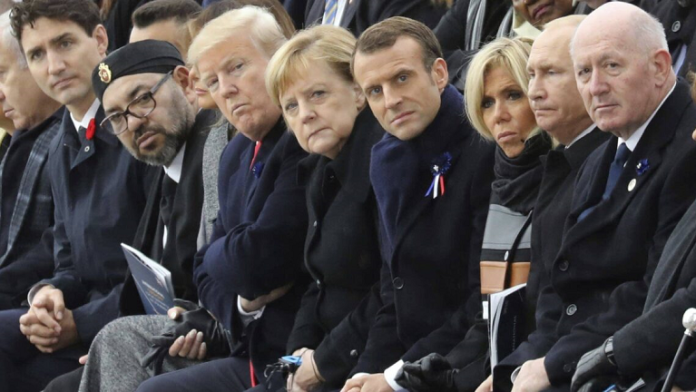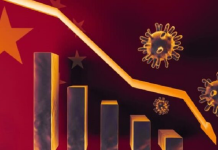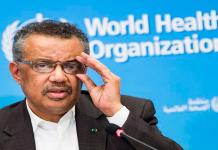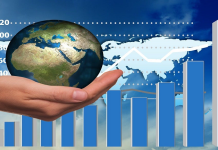The actions and decisions of world leaders have far-reaching impacts on global politics, economics, and society. From heads of state to influential political figures, world leaders play a pivotal role in shaping the future of nations and addressing some of the most pressing challenges of our time, including climate change, economic inequality, and international security.
In today’s interconnected world, the policies implemented by world leaders can have immediate and long-term consequences. For example, decisions made by the U.S. president on trade tariffs can impact economies worldwide, while climate agreements spearheaded by global coalitions can influence environmental policies across continents. The international community relies on these leaders not only for governance but also for their ability to collaborate on global issues that transcend borders.
Leadership styles among world leaders vary significantly, influencing how they govern and the outcomes they achieve. Some, like New Zealand’s Jacinda Ardern, are known for their empathetic and inclusive leadership, prioritizing social welfare and equity. Others, such as China’s Xi Jinping, have taken a more authoritarian approach, focusing on centralizing power and expanding their country’s influence on the global stage. Both styles have their critics and supporters, but they demonstrate the diverse ways in which leadership can shape a nation’s trajectory.
The decisions made by world leaders also affect diplomatic relations. Whether it’s negotiating peace deals, establishing trade partnerships, or addressing humanitarian crises, these figures play a crucial role in maintaining global stability. As the world continues to evolve, the influence of these leaders will remain a key factor in shaping the future of our planet.























